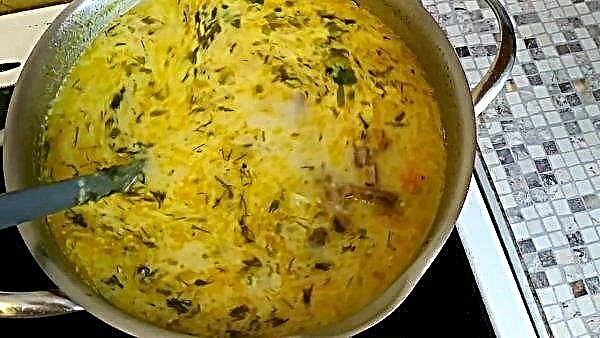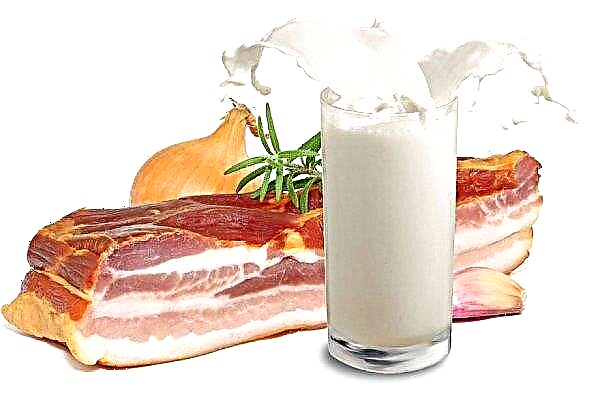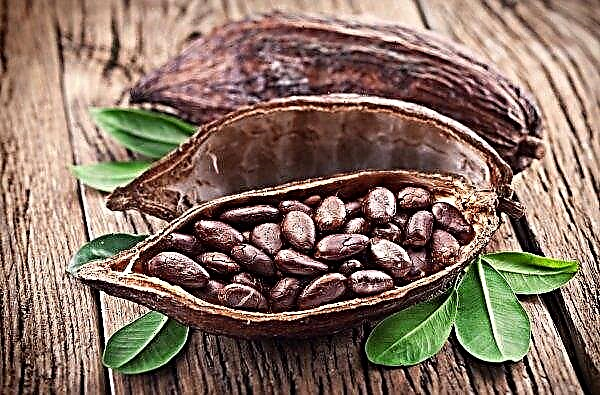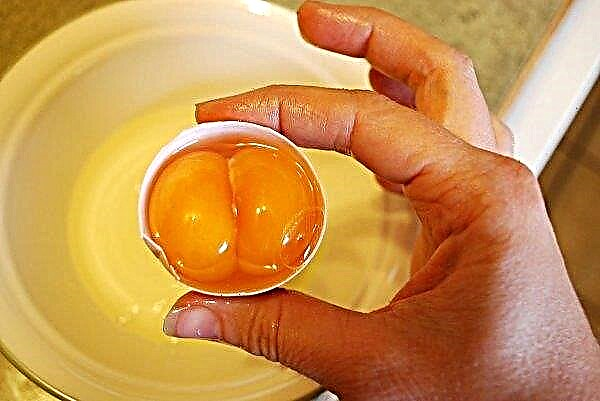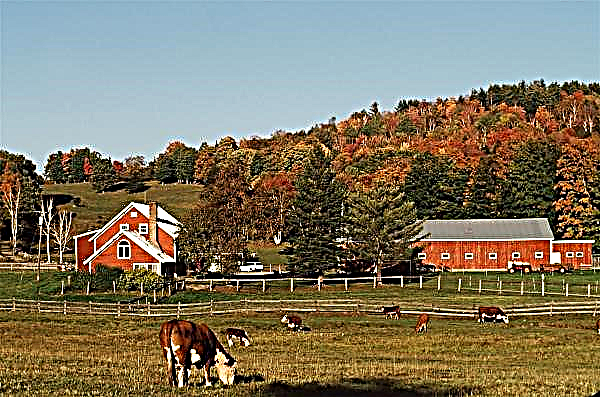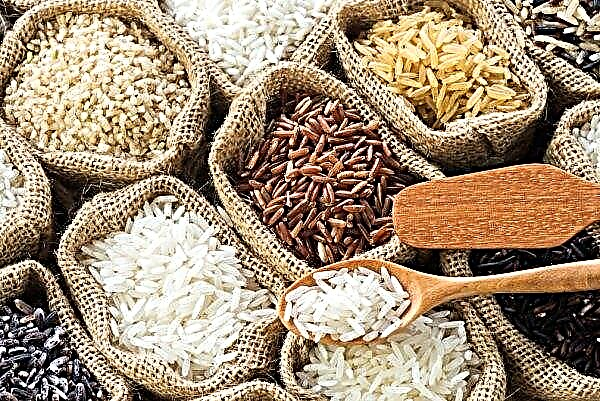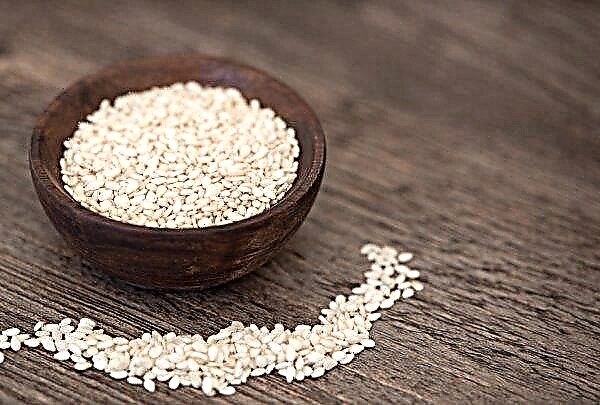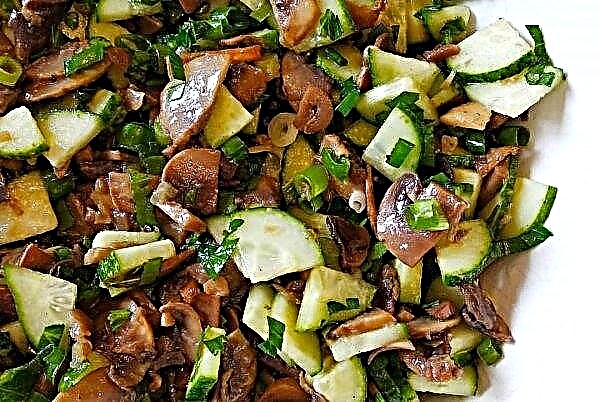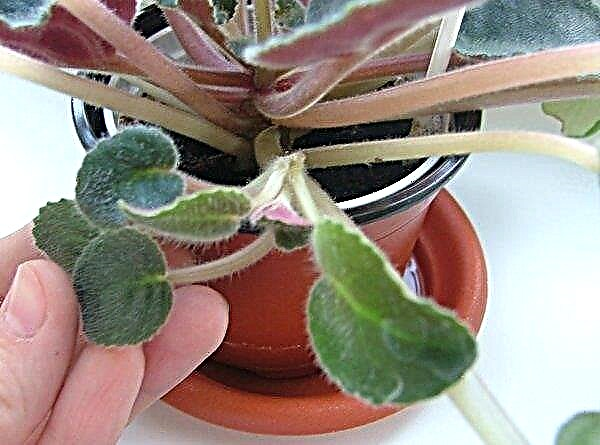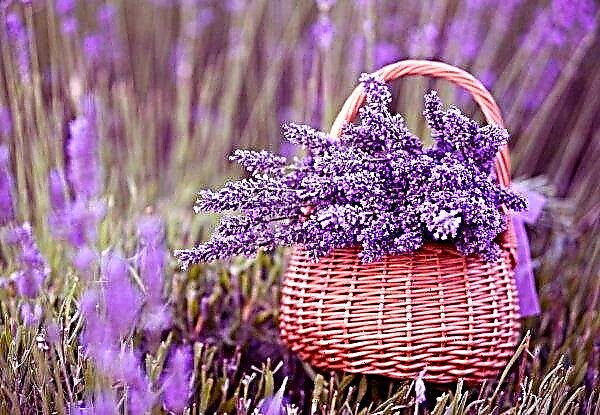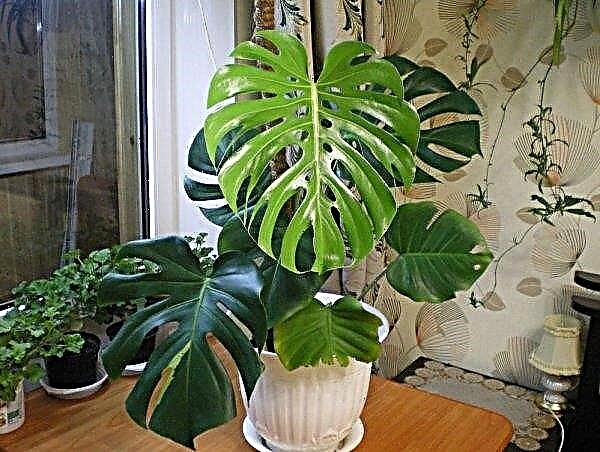Japanese researcher Yuichi Mori revolutionized agriculture through the development of transparent polymer films made of permeable hydrogel that can store fluids and nutrients where plants grow without the need for soil. This invention represents a true agricultural revolution in Japan, a country with a lack of arable land and labor.
In addition to the ability to grow fruits and vegetables in any environment, this technology consumes 90% less water than traditional agriculture, and does not use pesticides, since the pores of the polymer block the penetration of viruses and bacteria.
Products obtained in vertical agriculture are fresh, can be harvested throughout the year, free of pesticides and not exposed to bad weather, their advocates say.

Polymer cultivation, as Yuichi Mori does, is practiced in more than 150 places in Japan, as well as in regions such as the desert of the United Arab Emirates.
This method is also used to restore agricultural areas in northeast Japan that were contaminated with substances caused by the tsunami after a major earthquake in March 2011.
Natural conditions in Japan severely limit agriculture. The country can produce only 40% of the food it needs, since almost 85% of the territory is occupied by mountains, and most of the remaining arable land is intended for rice cultivation.
Thus, high technology has allowed to grow crops without soil. In fact, Japan was able to expand the production of fruits and vegetables through production in greenhouses and hydroponics, increasing their productivity by a hundred times compared with conventional crops.

Despite the high energy costs of hydroponic agriculture, the number of such factories in Japan has tripled in ten years, and now their number is almost 200.

